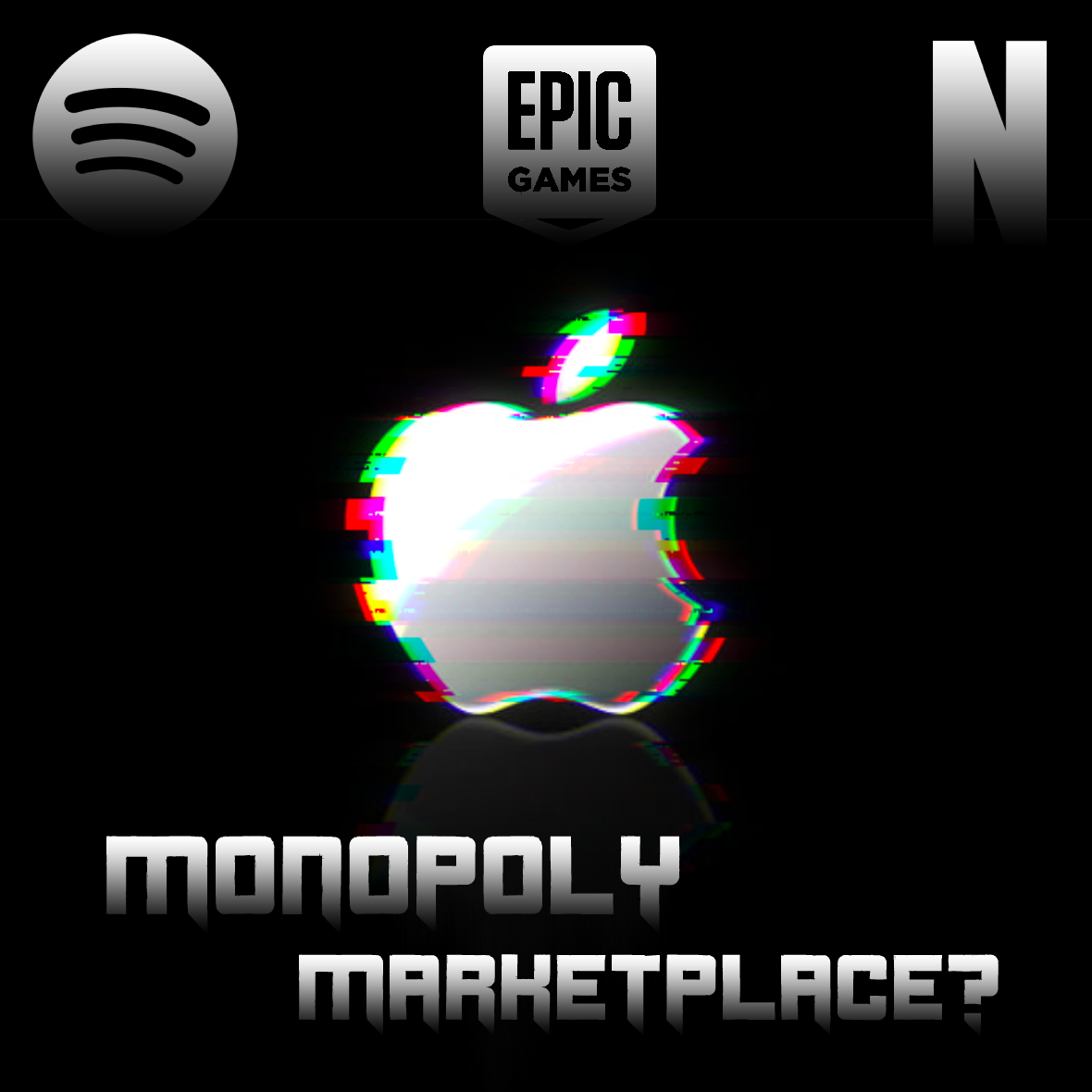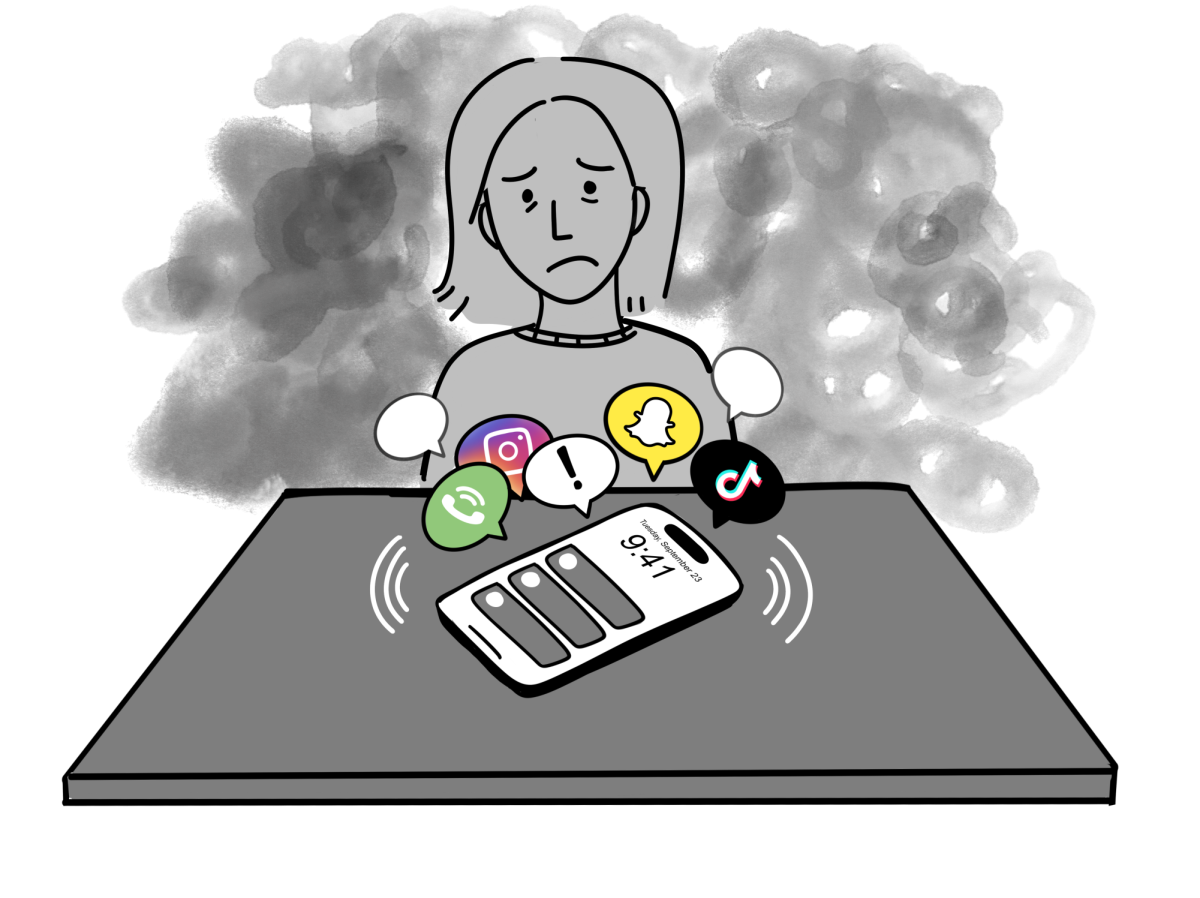
Spotify and Netflix are banning in-app purchases. The App Store is implementing unequal commission policies. Epic Games is filing an antitrust lawsuit against Apple. These are the most recent skirmishes in the multibillion dollar struggle between the titans of the digital world.
In 2008, Apple launched the App Store, a platform that would jumpstart the app economy and forever change how we use our smartphones. Developers were given direct access to iPhone users and were absolved of any hosting, credit card, and maintenance fees under the condition that thirty percent of all profits would go to Apple. Many developers were thrilled at this proposition, and rightfully so. The plan dramatically increased the profits of established areas like video games, which only pocketed fifteen to twenty percent of physical copy sales, and created a path for once impossible business ideas to become commercially viable.
Over the past few months though, Apple has faced increasing scrutiny over the thirty percent fee they charge their developers. Many large companies, including the App Store’s two highest grossing apps, Spotify and Netflix, have circumvented Apple’s payment system, while others like Epic Games seek to bring down the platform through legal action.
Last year, Epic Games filed an antitrust lawsuit against Apple, claiming that the company holds a monopoly over software installations on iPhones, and that Apple’s monopoly over such a sector is harming consumers. While it is true that the App Store is the only way to download content onto an iPhone, and would therefore qualify as some sort of monopoly, it is not hurting consumers.
The Federal Trade Commission defines a monopoly as “a firm with significant and durable market power—that is, the long term ability to raise price or exclude competitors.” In terms of ability to manipulate prices, developers have sole control over the pricing of apps, and in-app purchases. Apple has the ability to manipulate the fee percentages that apps pay, but in the thirteen years that the App Store has existed, its fees have only ever gone down. Additionally, if Apple ever did raise App Store fees, developers would move to other platforms that had lower fees, most prominently the Google Play Store, a sign that Apple is not as powerful of a monopoly as one would think. With there being only one place to download apps, it is undeniable that Apple is suppressing competition, wielding noticeable monopolistic power. However, the Federal Trade Commission clarifies that if “the monopolist [has] a legitimate business justification for behaving in a way that prevents other firms from succeeding in the marketplace,” like if the monopolists’ actions “benefits consumers,” the good and bad effects of the monopoly will be weighed before antitrust action is taken.
In the case of Apple, the App Store ensures a standard of quality and safety in every app, protecting consumers. Therefore, while the App Store may count on a technical definition as a monopoly controlled by Apple, it is nonetheless for the good of the public.





